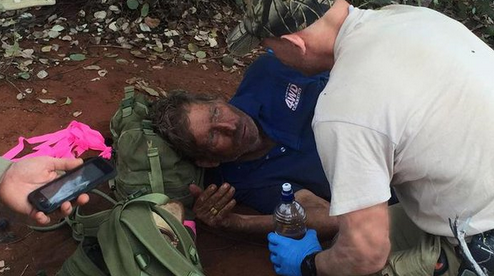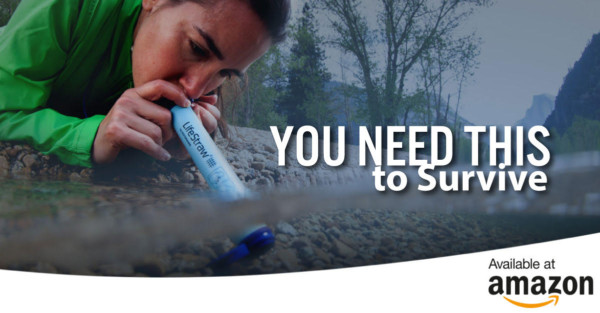Lessons from a Man Who Ate Ants to Survive in the Wilderness
A man who got in the Australian outback while hunting a camel was able to survive for almost a week by eating ants. That’s the story that has emerged from the Land Down Under, and it has created quite a buzz because the man took such extreme measures in order to stay alive until he was rescued. However, there were also many things that he could have done in order to prevent the ordeal from occurring in the first place.
The Australian outback is known to be a dangerous and unforgiving place, much the same as the Sonoran Desert in the southwestern United States. It extends for thousands of miles, rain is rare and there are few active sources of water. There is also a significant lack of mountainous terrain and forested areas that can provide shelter, cooler temperatures and access to a diverse supply of food.
This story is one that is definitely inspirational, but it’s also tragic because he should have never found himself in that situation to begin with. This is why it’s so important to talk about ways to avoid encountering a similar problem. The truth is that most wilderness survival situations are avoidable to begin with, and it only takes a little bit of preparation to minimize the risk associated with many potential dangers.
What is surprising is that this guy apparently didn’t take many reasonable or necessary precautions in order to protect himself as he started the hunt. It is unclear as to what motivated him to venture off unprepared as well as the circumstances that led to his being lost for nearly a week. We do know that a family member reported him missing and that a search team found him, so it’s reasonable to assume that he told someone what he was doing.
Aside from having a backpack stocked with minimal survival gear, there are a number of things that he should have considered before heading off into the outback. Let’s take a look at how some simple steps along with minimal equipment could have prevented or made his ordeal a lot easier and less risky.
Tell People Where You Are Going
Simply letting someone know where you are going and when you plan to be back is one of the most important things to do to avoid getting stranded in the wilderness. The more specific you are can help people to re-trace your tracks and get to you as quickly as possible. However, providing a general idea as to where you plan on being will also help to focus any search efforts and eliminate a lot of wasted time. You can also contact local authorities in most cases and let them know your plans as well as designate a time when to contact them. If you miss that deadline, that will trigger an alert on their end.
Remain Oriented
Using a basic compass, having a map or knowing how to tell directions by using a watch, or creating an improvised sun dial can keep you oriented. Good situational awareness is not a difficult skill to master, and it is also particularly useful to know where the nearest highways, towns or sources of refuge are as well. Getting lost in the wilderness is something that happens very easily, but it is just as easy to prepare ahead of time by doing a little bit of research and homework.
Go Out Equipped
Maybe this gentleman decided at the spur of the moment to go after that camel. Perhaps he didn’t think that he would have wandered so far off from his vehicle. Maybe he left his bag behind but didn’t expect to need it. No matter the reason that this happened, having the proper resources and supplies with him could have provided him with more options.
Make sure to always consider the conditions and terrain that you plan on encountering and prepare accordingly. Make sure to include ample water as well as knowledge of the area so you can obtain a fresh supply in a timely manner. Bring appropriate clothing, material and tools in order to create a shelter. Know how to obtain food. Using a little bit of common sense can go a long way to help to make sure that you bring what you need with you before you head out.
Good bushcraft skills along with some ingenuity go a long way in desperate situations. However, it’s more important to try and avoid being put in those situations in the first place. Let this story serve as a reminder to all of us that we should never take anything for granted and always be prepared. You never know when a problem will arise and turn into a life-threatening situation, even if we are only planning on going a short distance from help.


